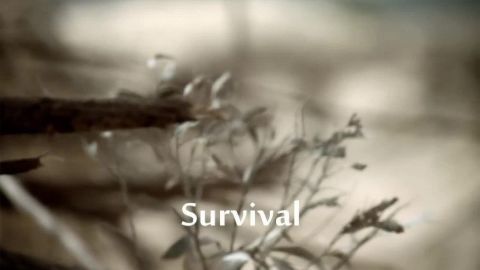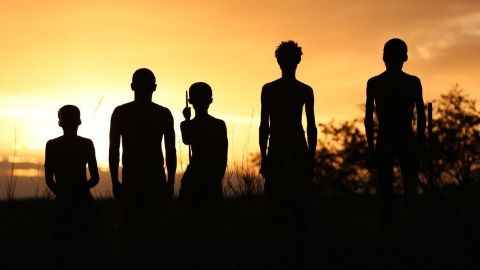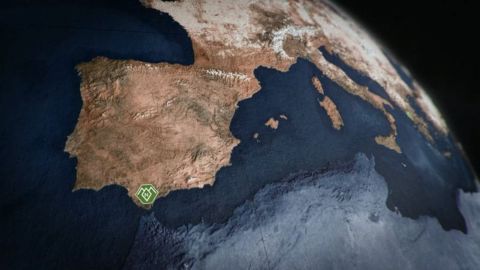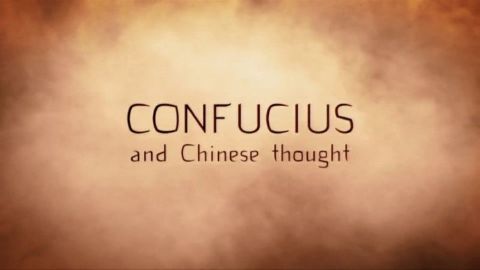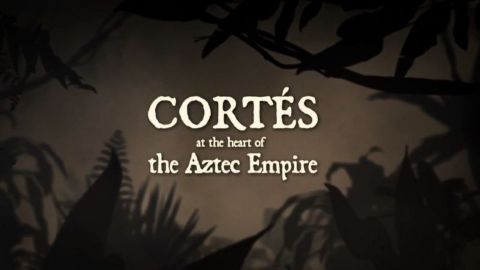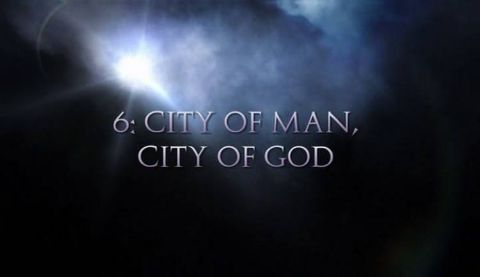Revolution • 2012 • episode "S1E6" • Andrew Marr's History of the World
Andrew Marr sets off on an epic journey through 70,000 years of human history. Using dramatic reconstructions, documentary filming around the world and cutting-edge computer graphics, he reveals the decisive moments that shaped the world we live in today, telling stories we thought we knew and others we were never told. (Part 6: Revolution) Andrew Marr explores the Age of Revolution. In the 17th and 18th centuries, people across the world rose up in the name of freedom and equality against the power of the church and monarchy. In America, people fought a war to be free from British rule. In France, bloody revolution saw the king and aristocracy deposed. And in Haiti, the slaves revolted against their masters. The world was also gripped by a scientific revolution, sweeping away old dogmas and superstition. Galileo revolutionized the way we saw humanity's place in the universe, while Edward Jenner used science to help save the lives of millions.
Make a donation
Buy a brother a hot coffee? Or a cold beer?
Hope you're finding these documentaries fascinating and eye-opening. It's just me, working hard behind the scenes to bring you this enriching content.
Running and maintaining a website like this takes time and resources. That's why I'm reaching out to you. If you appreciate what I do and would like to support my efforts, would you consider "buying me a coffee"?
Donation addresses
BTC: bc1q8ldskxh4x9qnddhcrgcun8rtvddeldm2a07r2v
ETH: 0x5CCAAA1afc5c5D814129d99277dDb5A979672116
With your donation through , you can show your appreciation and help me keep this project going. Every contribution, no matter how small, makes a significant impact. It goes directly towards covering server costs.
